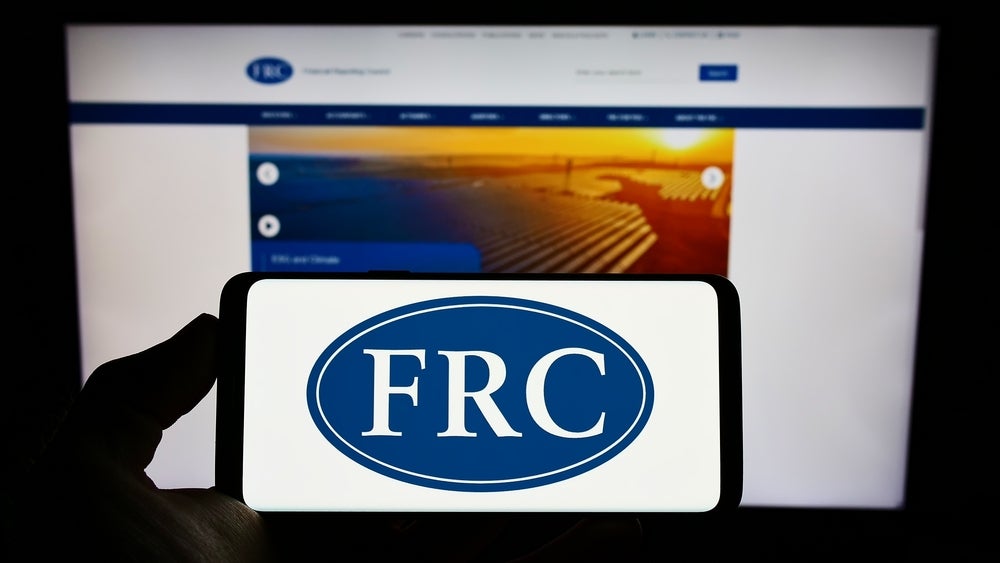UK local authorities should follow the
lead of central government and the public health sector in setting
formal target dates and milestones in the lead up to IFRS adoption,
according to a PricewaterhouseCoopers UK (PwC) partner.
The entire UK public sector is in the process
of moving to IFRS, but with different adoption dates for different
sections.
The central government, and health authorities
and trusts, must convert to IFRS for the 2009-10 financial year,
which began on 1 April. This means producing comparative IFRS data
for the 2008-09 financial year.
Local authorities are one year behind.
Julian Rickett, the PricewaterhouseCoopers UK
partner responsible for the conversion of the public sector to
IFRS, said the regulators of the health trusts and central
government accounts put in place rigorous processes for ensuring
the organisations are on track.
For example, the first key target for health
organisations was to restate their opening balance sheet of 1 April
2008. This was to be completed by the end of last year and was to
be audited by 1 May this year.
How well do you really know your competitors?
Access the most comprehensive Company Profiles on the market, powered by GlobalData. Save hours of research. Gain competitive edge.

Thank you!
Your download email will arrive shortly
Not ready to buy yet? Download a free sample
We are confident about the unique quality of our Company Profiles. However, we want you to make the most beneficial decision for your business, so we offer a free sample that you can download by submitting the below form
By GlobalDataThe next key milestone is the conversion of
the full 2008-09 shadow accounts, which is to be done by the end of
July or August depending on what type of trust it is. These will be
audited in the autumn.
No similar formal time frame has been put in
place for local authorities yet.
“While the [UK Chartered Institute of Public
Finance and Accountancy] has issued an outline project plan, there
are currently no formal trigger dates at the moment and I would
like to see a similar rigorous approach applied to the local
government sector that applied to the health sector. That would
assist them in ensuring they all meet the deadline,” Rickett
said.
“We are still a year behind so it could still
happen. If we were to apply a similar timetable, it would, for
example, require the restatement of the opening balance sheet as of
1 April 2009 and that would be required by the end of this
year.”
Rickett said there are added distractions for
local government, which could understandably be diverting attention
from IFRS adoption. Local government elections have just been held
across a number of local authorities, plus Rickett said they are
dealing with a “perfect storm” in the form of the credit
crunch.
“They are, for example, earning a lot less
interest on investments in the money market. They are seeing demand
for services, particularly around social services and social
housing, increasing,” he said.
“So changing the accounting regime, not that I
am belittling it, but against that back drop it is not necessarily
priority number one on the chief executive and finance director’s
desk. I am not surprised that there aren’t formal milestones in
place yet. But my advice would be to get those in place so that the
stragglers are also dealt with.”





